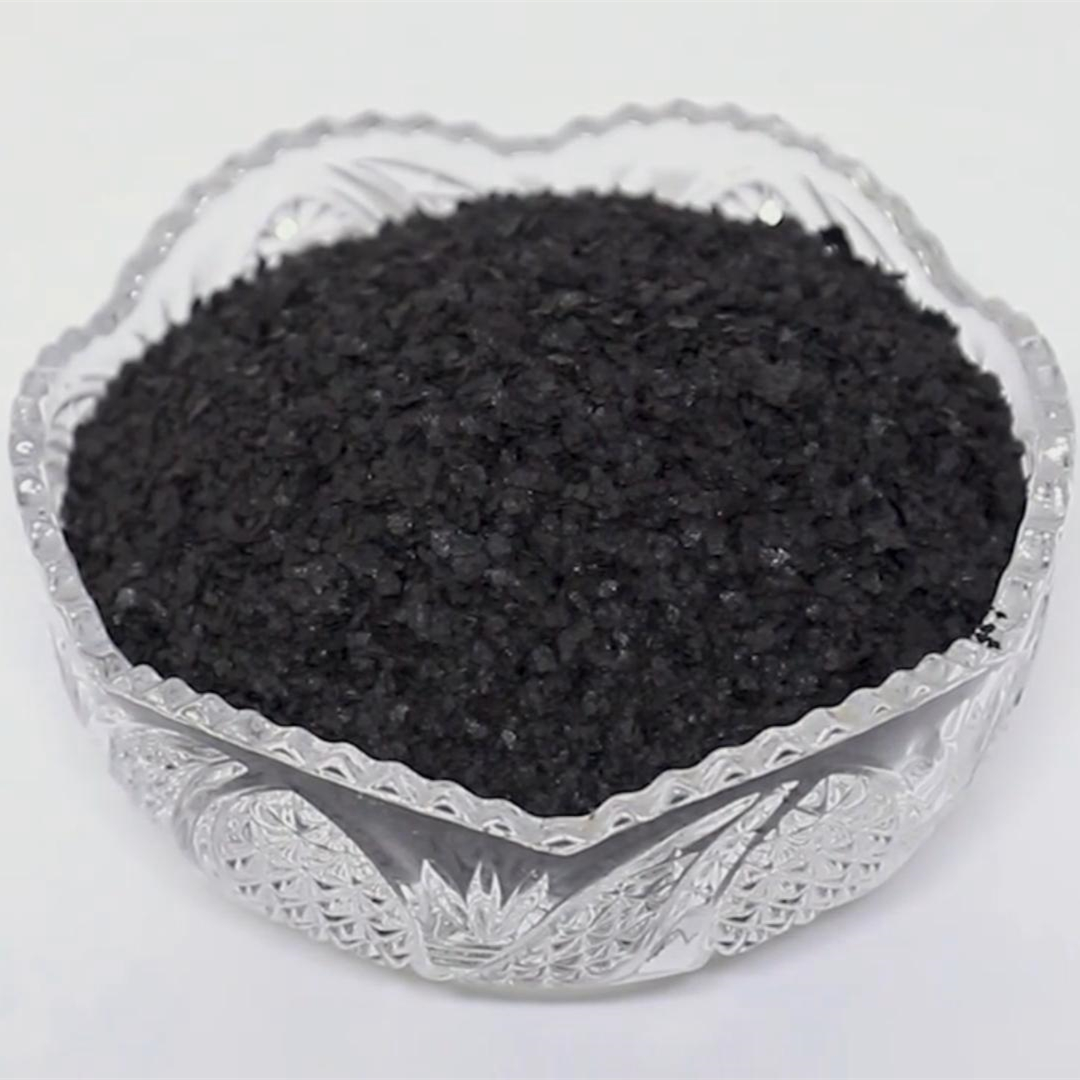
10 月 . 11, 2024 21:38 Back to list
Factory for Manufacturing Organic Fertilizer 5-10-10 Solutions for Sustainable Agriculture
The Benefits and Production of Organic Fertilizer 5-10-10
In recent years, the agricultural industry has seen a significant shift towards sustainable practices, with organic farming gaining immense popularity. One of the most effective ways to enhance soil health and improve crop yields in organic farming is through the use of organic fertilizers. Among the different formulations available, Organic Fertilizer 5-10-10 has emerged as a preferred choice for many farmers. This article explores the importance, benefits, and production process of Organic Fertilizer 5-10-10.
Understanding Organic Fertilizer 5-10-10
The numbers in organic fertilizers, such as 5-10-10, represent the N-P-K ratio – the proportion of nitrogen (N), phosphorus (P), and potassium (K) present in the fertilizer. In this case, Organic Fertilizer 5-10-10 contains 5% nitrogen, 10% phosphorus, and 10% potassium. Each of these nutrients plays a critical role in plant growth
- Nitrogen (N) Essential for the growth of leaves and stems, nitrogen encourages vigorous plant development and lush green foliage. - Phosphorus (P) Vital for root development, flower and fruit production, phosphorus helps plants establish strong root systems and supports energy transfer within the plant. - Potassium (K) Important for overall plant health, potassium helps regulate various physiological processes, enhances drought resistance, and contributes to the quality of fruits and vegetables.
Benefits of Using Organic Fertilizer 5-10-10
1. Enhances Soil Health Organic fertilizers improve soil structure and promote microbial activity, which is essential for nutrient cycling. Healthy soil microflora contribute to better nutrient availability and uptake by plants.
2. Sustainable Being derived from natural sources, organic fertilizers like 5-10-10 are environmentally friendly and contribute to sustainable agriculture. They help maintain ecological balance by reducing chemical runoff and pollution.
3. Improves Crop Yields The balanced nutrient composition enables plants to grow healthily, leading to increased yields. Farmers using organic fertilizers often report better quality produce with improved flavor and nutritional content.
4. Reduces Chemical Dependency Shifting to organic fertilizers reduces dependence on synthetic chemicals, which can harm not only crops but also the surrounding ecosystem. This move helps foster a more sustainable approach to agriculture.
organic fertilizer 5 10 10 factory

5. Supports Biodiversity The use of organic fertilizers supports diverse microorganisms in the soil, which contribute to enhanced biodiversity. This is critical for pest control and the overall health of agricultural ecosystems.
The Production Process of Organic Fertilizer 5-10-10
Producing organic fertilizer 5-10-10 involves several key steps
1. Raw Material Selection The production process begins with selecting high-quality organic raw materials. Common sources include compost, animal manure, bone meal, and minerals like rock phosphate and potash. These materials are known for their nutrient content.
2. Composting If using organic waste, the raw materials are typically composted. This process not only breaks down the materials but also enriches them with beneficial microorganisms that enhance the nutrient profile of the final fertilizer.
3. Blending Once the composting process is complete, the raw materials are blended to achieve the desired nutrient ratios. For a 5-10-10 fertilizer, the proportion of nitrogen, phosphorus, and potassium must be carefully measured to ensure optimal balance.
4. Screening and Packaging The blended fertilizer is screened to remove any large particles or debris. Finally, the product is packaged for sale, ensuring that all bags are labeled accurately with their nutrient content and application instructions.
Conclusion
Organic Fertilizer 5-10-10 represents a significant advancement in sustainable agricultural practices. Its balanced nutrient profile not only supports the health and productivity of crops but also fosters environmental sustainability. As more farmers transition towards organic practices, the demand for such fertilizers will undoubtedly continue to grow, driving innovation and improvements within the agricultural sector. In embracing organic fertilizers, we are not just enhancing our soil but also securing a healthier future for generations to come.
-
Premium Organic Manure Compost for Eco Gardens
NewsAug.01,2025
-
Organic 10-10-10 Fertilizer | Balanced Plant Nutrients
NewsJul.31,2025
-
Premium Amino Acid Fertilizer | Rapid Plant Growth Booster
NewsJul.31,2025
-
10 10 10 Fertilizer Organic—Balanced NPK for All Plants
NewsJul.30,2025
-
Premium 10 10 10 Fertilizer Organic for Balanced Plant Growth
NewsJul.29,2025
-
Premium 10 10 10 Fertilizer Organic for Balanced Plant Growth
NewsJul.29,2025
